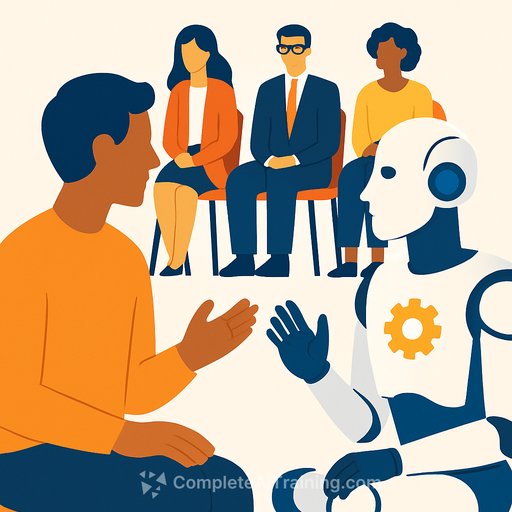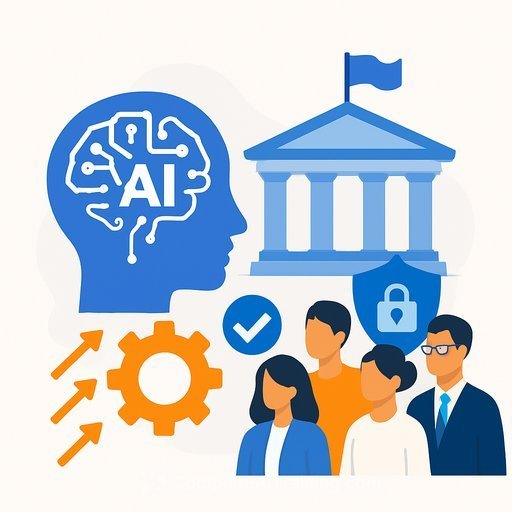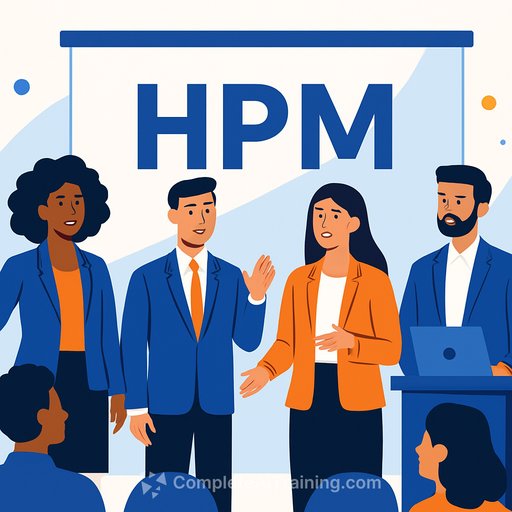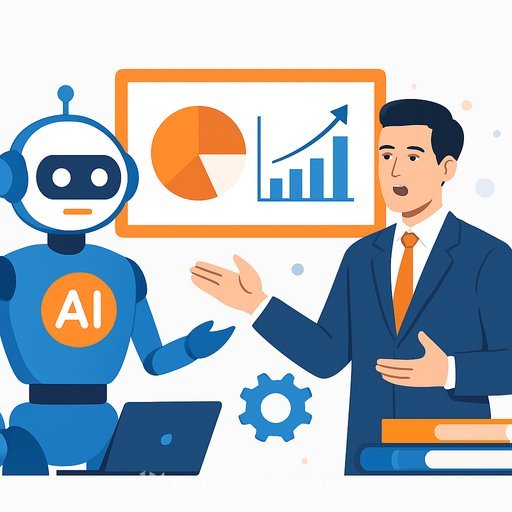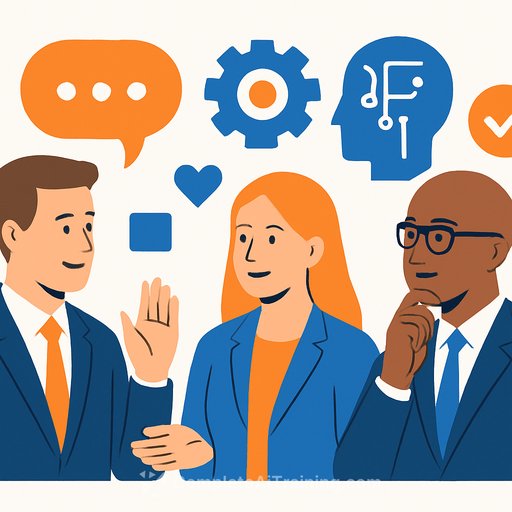The Work We Keep: HR Lessons from CSITM's Virtual Panel at IIM Bangalore
CSITM at IIM Bangalore hosted a virtual panel on what stays human as AI scales across work. The message was clear: empathy, creativity, mentoring, and ethical judgment are non-negotiable human strengths-and they should sit at the center of your people strategy.
More than 200 participants joined a discussion featuring Dr Peter Cappelli (Wharton), Elizabeth Gerber (Northwestern), and Prithwiraj Choudhury (LSE). The session was moderated by Prof. Malavika R. Harita, with opening remarks from Venkatesh Balakrishnan and anchoring by Shivam Srivastava.
Why this matters for HR
AI is strongest with well-defined tasks. People are strongest with ambiguity, context, trust, and coaching. HR's edge is to redesign roles and workflows so AI handles the repeatable while people do the relational, creative, and ethical work.
Key insights from the panel
- Elizabeth Gerber: AI is effective on structured problems, but ill-defined work still requires human coaching. Novices lack metacognitive skills; mentors build them. Use AI to augment empathy and judgment, not replace them.
- Peter Cappelli: Claims of massive job loss often reflect "AI washing" and investor pressure. The real bottleneck is organizational change. Without workflow redesign, automation piles more work on employees. Cooperation and clarity are essential, especially in white-collar roles.
- Prithwiraj Choudhury: AI enables borderless collaboration and flexible work. That demands equitable access and reskilling so opportunity is shared. Flexibility can improve work-life balance and widen the talent pool.
What HR can do this quarter
- Run a task audit: Separate well-defined, rules-based tasks (good AI candidates) from ambiguous, judgment-heavy tasks (keep human-led). Document handoffs.
- Redesign workflows: Pilot AI in 1-2 processes (e.g., ticket triage, report drafting). Set decision rights, escalation paths, and human-in-the-loop checkpoints.
- Build a mentoring layer: Pair novices with experienced coaches. Use AI to prep materials and surface examples, but keep the human coach accountable for context and trust.
- Set guardrails: Add bias testing in hiring and performance tools, require explanations for high-stakes recommendations, and define data privacy standards.
- Invest in skills and access: Fund AI literacy for HRBPs, recruiters, and managers. Ensure fair access to tools for distributed teams. Recognize and reward adoption behaviors.
- Update talent practices: Screen for empathy, problem framing, and facilitation. Add AI fluency to job descriptions and performance criteria where relevant.
- Measure impact: Track time saved, quality, employee sentiment, and pay equity effects. Avoid headcount-first narratives; look for improved service and experience.
Risk points to watch
- Recruitment bias: Screen models for adverse impact and keep human review on critical decisions.
- Customer-facing automation: Misfired interactions can damage trust; set clear escalation to humans.
- Over-automation: Partial deployments often create shadow work for employees. Fix upstream process design first.
- Compliance and privacy: Ensure vendor contracts cover explainability, data use, and audit rights.
Voices from the session
"We need human coaches since novices lack metacognitive skills for ill-defined issues." - Elizabeth Gerber
"The biggest challenge is organizational change. Leaders have to identify which tasks could use AI and how-and remember that employee cooperation is crucial." - Peter Cappelli
"AI allows us to transcend barriers of distance, language, and access." - Prithwiraj Choudhury
Bottom line for HR
Let AI do what it's good at: structured work at scale. Double down on what humans do best: empathy, creativity, judgment, and trust. The teams that win will pair clear process design with strong coaching and fair access to skills.
Resources
- NIST AI Risk Management Framework for practical controls and governance.
- EEOC guidance on AI in employment to reduce discrimination risk.
- AI courses by job to upskill HR, recruiting, and people managers.
Your membership also unlocks:

